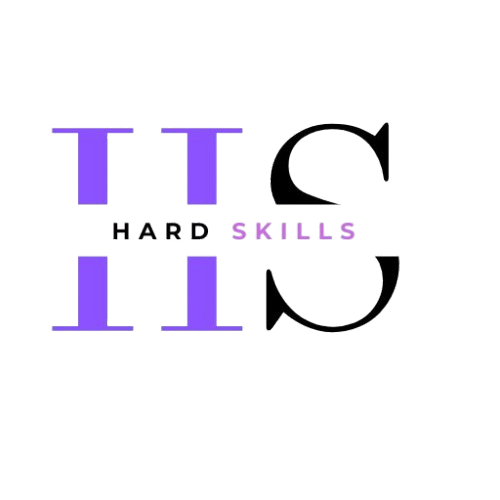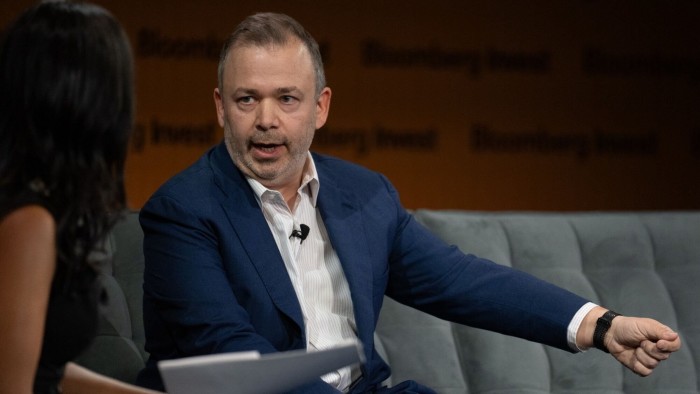Investment trusts hit back against activist Boaz Weinstein
Unlock the Editor’s Digest for free
Roula Khalaf, Editor of the FT, selects her favourite stories in this weekly newsletter.
Two UK investment trusts have hit back at US activist investor Boaz Weinstein, who last month called on trusts’ shareholders to overhaul their boards and install his hedge fund as the investment manager.
The board of the Keystone Positive Change trust said on Monday that it was “appalled” by Saba Capital’s approach and warned that the US hedge fund was “acting opportunistically, seeking to seize control of the board without a controlling shareholding, to pursue its own agenda”.
Another trust, Baillie Gifford US Growth, also called on shareholders to vote against Saba’s proposals. The trusts have shareholder meetings scheduled for February.
Weinstein’s Saba Capital called for the meetings to replace directors, stating that they had “failed shareholders” because of the trusts’ weak performance. Saba Capital is targeting seven trusts in total, including CQS Natural Resources Growth & Income, Edinburgh Worldwide Investment, European Smaller Companies, Henderson Opportunities, and Herald Investment.
Saba is the largest shareholder in each of the trusts, with stakes ranging from 19 per cent to 29 per cent. The total value of its stakes amounts to £1.5bn.
The hedge fund is proposing two new directors on each fund, including Weinstein on one of the funds, and Paul Kazarian, who leads Saba’s investment trust strategy, on the other six trusts. If the resolutions are passed and if the new boards decide to replace the existing fund managers, then Weinstein will put forward Saba as the trusts’ new manager.
The board of Keystone, which is managed by Baillie Gifford, said: “We believe Saba’s plan lacks transparency, would flagrantly disregard good governance and may introduce substantially inflated fees. The proposed resolutions are not in the best interest of all shareholders and create significant uncertainty.
“Given Saba’s considerable voting position, every vote against its resolutions is vital. We strongly urge all shareholders to vote against all resolutions — a high turnout is critical.” The resolutions require more than 50 per cent of the votes to be in favour in order to pass.
Last week, the board of the Herald trust recommended that shareholders vote against Saba and said its investment strategy had “been highly successful over the long term”, delivering a net asset value total return of 865 per cent since its launch.
Andrew Joy, chair of Herald, said the board “believes Saba wishes to take control of the company for its own economic benefit and to change the company’s investment strategy, which . . . could result in significant value being lost”.
The investment trusts being targeted by Saba have suffered from their market capitalisations lagging behind the value of their assets. The discounts range from 12 per cent to 14.7 per cent over three years. The other trusts’ managers include Janus Henderson and Manulife.
The UK’s investment trust sector, which manages about £265bn of assets, has come under pressure more broadly from wide discounts.
Saba did not immediately respond to request for comment.


0 Comment